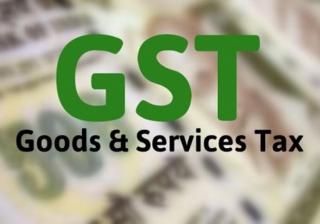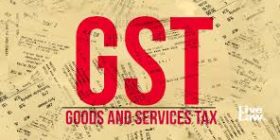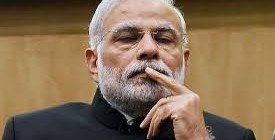The government said on Monday the goods and services tax (GST), scheduled to be rolled out from July 1, was set to benefit consumers, as the tax incidence on smartphones, medical devices and cement would come down.
The GST Council, comprising state finance ministers and headed by the Union finance minister, last week finalised the tax on most of the items and services.
A smartphone currently attracts two per cent central excise duty, besides the value-added tax (VAT), which vary from state to state (five per cent to 15 per cent).
“The weighted average VAT rate on smartphones works out to about 12 per cent. Thus, the present total tax incidence on smartphones works out to more than 13.5 per cent. As against this, the proposed GST rate for smartphones is 12 per cent,” the finance ministry said.
In the case of medical devices, the present tax incidence works out to more than 13 per cent, while it would attract a GST of 12 per cent.
Puja samagri, including havan samagri, has been kept under the “nil” category, though the exact formulation for the same is yet to be finalised.
Referring to the packaged cement, the ministry said it would be taxed at 28 per cent under the GST as against 31 per cent on account of different indirect taxes.
Similarly, there will be a lower tax burden in case of medicaments, including ayurvedic, unani, siddha, homeopathic or bio-chemic systems.
Medicaments, in general, attract six per cent central excise duty and five per cent VAT. Further, CST, octroi, entry tax, are also applicable in general.






Leave a reply